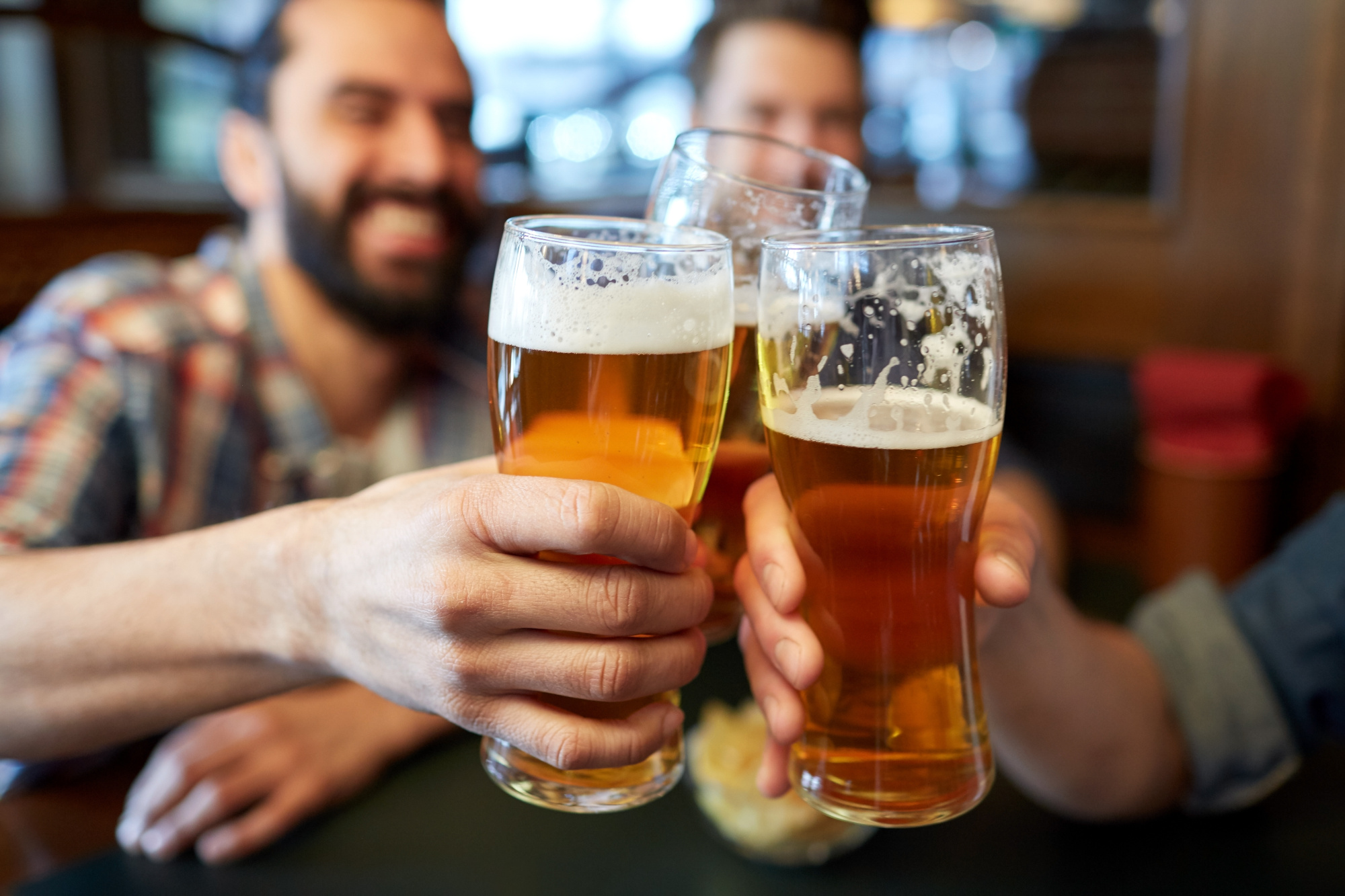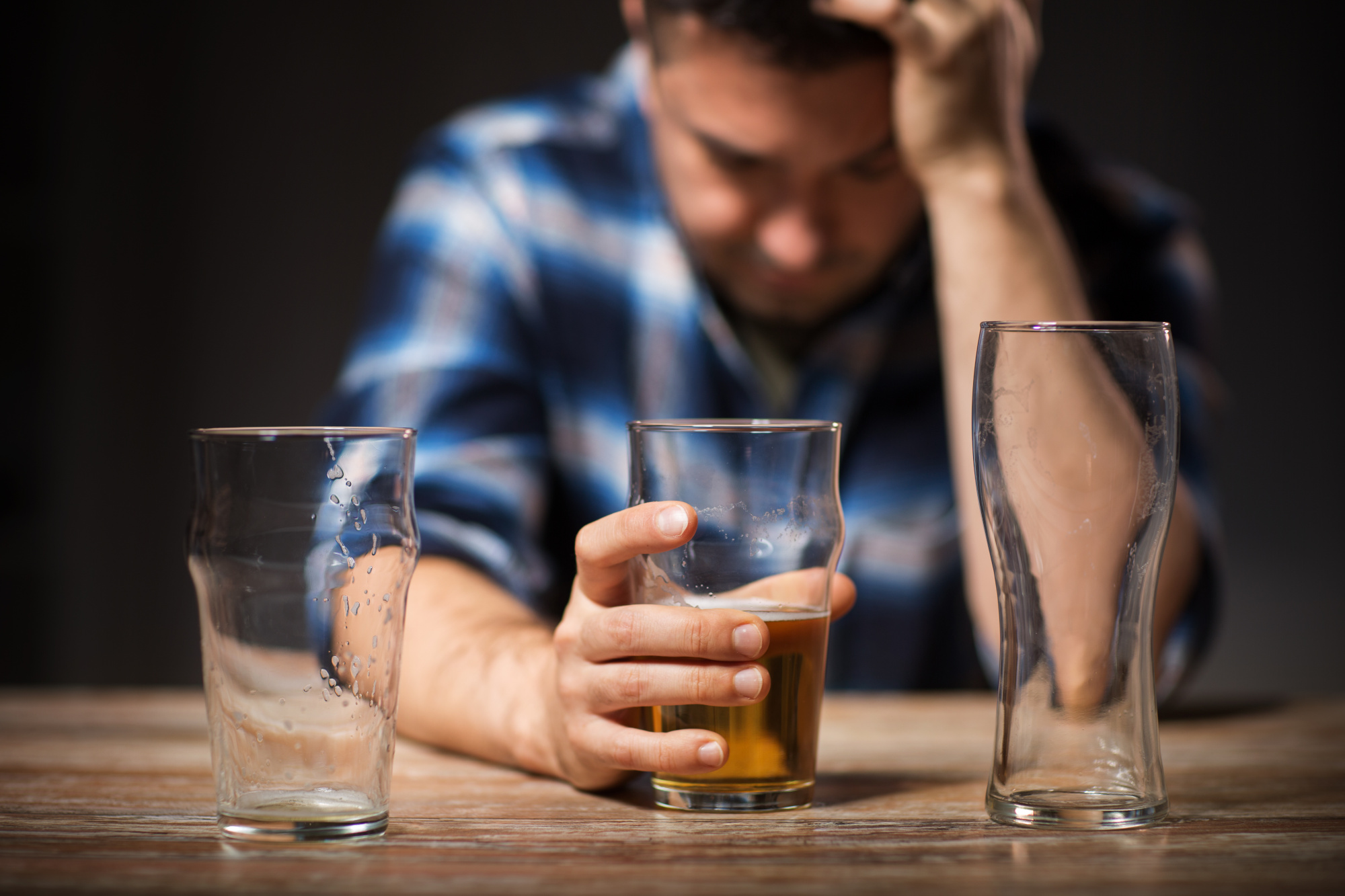For many people, drinking alcohol is a lighthearted activity they partake in only occasionally. For others, it can be a deadly addiction. Alcohol consumption is a complex behavior that’s influenced by everything from environmental factors to social norms to personal struggles. At SCRC, we know that understanding the reasons people drink is essential in addressing alcohol abuse and providing effective treatment for alcohol use disorder (AUD).
The “Effect Produced” by Drinking Alcohol

Some people drink alcohol for the taste, but for many, drinking alcohol offers a temporary escape from reality—a way to relax or feel happier. When they drink alcohol, they experience lowered inhibitions and a sense of euphoria. This can be enticing, leading individuals to further drink alcohol to chase these feelings. The problem, of course, is what happens when alcohol is used as a coping mechanism in place of other, healthy activities.
The Top 10 Reasons People Drink Alcohol
-
Socialization: Many people drink alcohol as a way to socialize and connect with others.
-
Stress Relief: Alcohol is often used as a coping mechanism for stress.
-
Peer Pressure: Especially among younger individuals, peer pressure can significantly influence alcohol consumption.
-
To Feel Good: The euphoric effects of alcohol make it appealing to those looking to enhance their mood.
-
Habit: Drinking can become a habitual activity associated with certain times of the day or social settings.
-
To Numb Pain: Both physical and emotional pain can lead individuals to drink alcohol in search of relief.
-
Curiosity: People may initially try alcohol out of curiosity.
-
Cultural Reasons: Alcohol consumption is deeply ingrained in many cultures and traditions.
-
To Boost Confidence: Alcohol can temporarily reduce social anxiety and inhibitions.
-
Escape from Reality: Some use alcohol as a means to escape personal problems or lifes pressures.

The Disease of Alcohol Addiction
Alcohol addiction, or alcohol use disorder, is a medical condition where a person is unable to control their alcohol use despite negative consequences. They are often unable to stop drinking once they’ve started, or cannot stop drinking alcohol for too long. It’s characterized by a preoccupation with alcohol, compulsive drinking, an increase in alcohol withdrawal symptoms, and a decrease in alcohol’s pleasurable effects.
Physical Dependence
Repeated alcohol consumption can lead to physical dependence, where the body becomes accustomed to drinking habits and to its presence. When alcohol use is stopped or significantly reduced, withdrawal symptoms like anxiety or nervousness, sweating, insomnia, and even delirium tremens can occur, reinforcing the cycle of dependence.
The Mental Obsession
Beyond physical dependence, a mental obsession with drinking can develop in alcohol use, making it difficult for those with AUD to focus on anything other than obtaining and consuming alcohol. This obsession can overwhelm any rational thoughts of stopping.
Signs Your Drinking May Be a Problem
-
Inability to control alcohol intake
-
Neglecting responsibilities
-
Continuing to drink despite health, financial, or personal problems
-
Experiencing withdrawal symptoms
-
Needing more alcohol to feel its effects (tolerance)
When Treatment is Needed
Recognizing the need for treatment is a critical step toward recovery. If alcohol consumption is impacting your mental health, work, relationships, or responsibilities, it’s time to seek help.
Treatment for AUD includes therapy, medication, support groups, and life skills training, all tailored to the individual’s needs. At SCRC, we offer comprehensive treatment plans to address both the physical and psychological aspects of alcohol addiction. Reach out to us today to get started on lasting recovery.
Southern California Recovery Centers
Southern California’s Premier Outpatient Addiction Recovery Center
FAQs
People rely on alcohol for various reasons, including stress relief, socialization, to cope with substance abuse or mental health disorders, or as a habitual behavior.
Drinking alcohol is often seen as a normal activity due to cultural acceptance of alcoholic beverages, social practices, and its legal status in many countries.
Factors like stress, peer pressure, mental health issues, and genetic predispositions can lead to excessive alcohol consumption.
In the U.S., people drink for many of the same reasons seen globally: social norms, cultural practices, to relieve stress or depression, and for enjoyment during celebrations and gatherings young adults.



